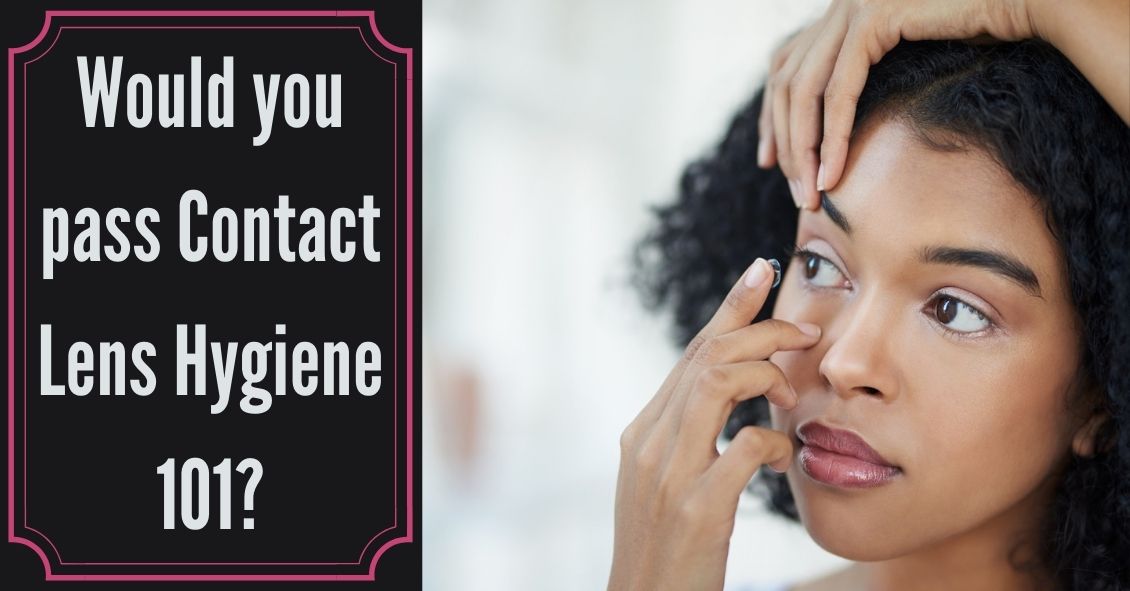Cataracts are part of the natural aging process. Everyone gets them to one degree or another if they live long enough. Cataracts, as they progress, create increasing difficulty with the normal activities of living. The symptoms vary from one person to another. Some people have more difficulty with their distance vision, some with reading. People may report difficulty with glare, or foggy, blurry, or hazy vision.
Doctors have noticed an increase in requests for second opinions because patients are sometimes told they have cataracts and they HAVE to have surgery--even though the patient has no visual complaints. Just having a cataract is not a reason to have cataract surgery.
According to the American Academy of Ophthalmology, "The decision to recommend cataract surgery should be based on consideration of the following factors: visual acuity, visual impairment, and potential for functional benefits." Therefore, the presence of a cataract is not enough to recommend surgery. There needs to be some degree of visual impairment that is altering the ability to perform your normal activities of daily living. There also needs to be some reasonable expectation that removing the cataract is going to improve vision.
A patients with advanced macular degeneration has significant visual impairment. If she has just a mild cataract, then removing that cataract is unlikely to alleviate the visual impairment. You therefore need to have both things - a visual impairment that interferes with your normal daily activities AND a reasonable expectation that removing a cataract is going to help improve vision to a significant degree.
There are some instances where a dense cataract might need to be removed even though the above criteria are not being met. One example is when a cataract gets so bad that it starts causing glaucoma. Another instance would be if the cataract interferes with treating a retinal problem because the retina cannot be well visualized if the cataract is severely hampering the view of the retina. Those conditions are VERY rare in the U.S.
Most people who need cataract surgery are aware they have a visual impairment and that impairment is altering their normal daily activities. There are times, however, when we recommend cataract surgery because there is a visual impairment but the patient is not aware of just how bad their vision is. For example, the legal driving requirement in New Jersey is 20/50 or better in at least one eye. So we do occasionally see a patient who think he sees fine but when tested his vision is worse than 20/50 and he is still driving. In that case we would recommend cataract surgery (assuming the cataract is the problem) even though the patient does not think he has an impairment.
If you have been told you need cataract surgery but feel you are not having any significant visual problem, you should consider getting a second opinion.



